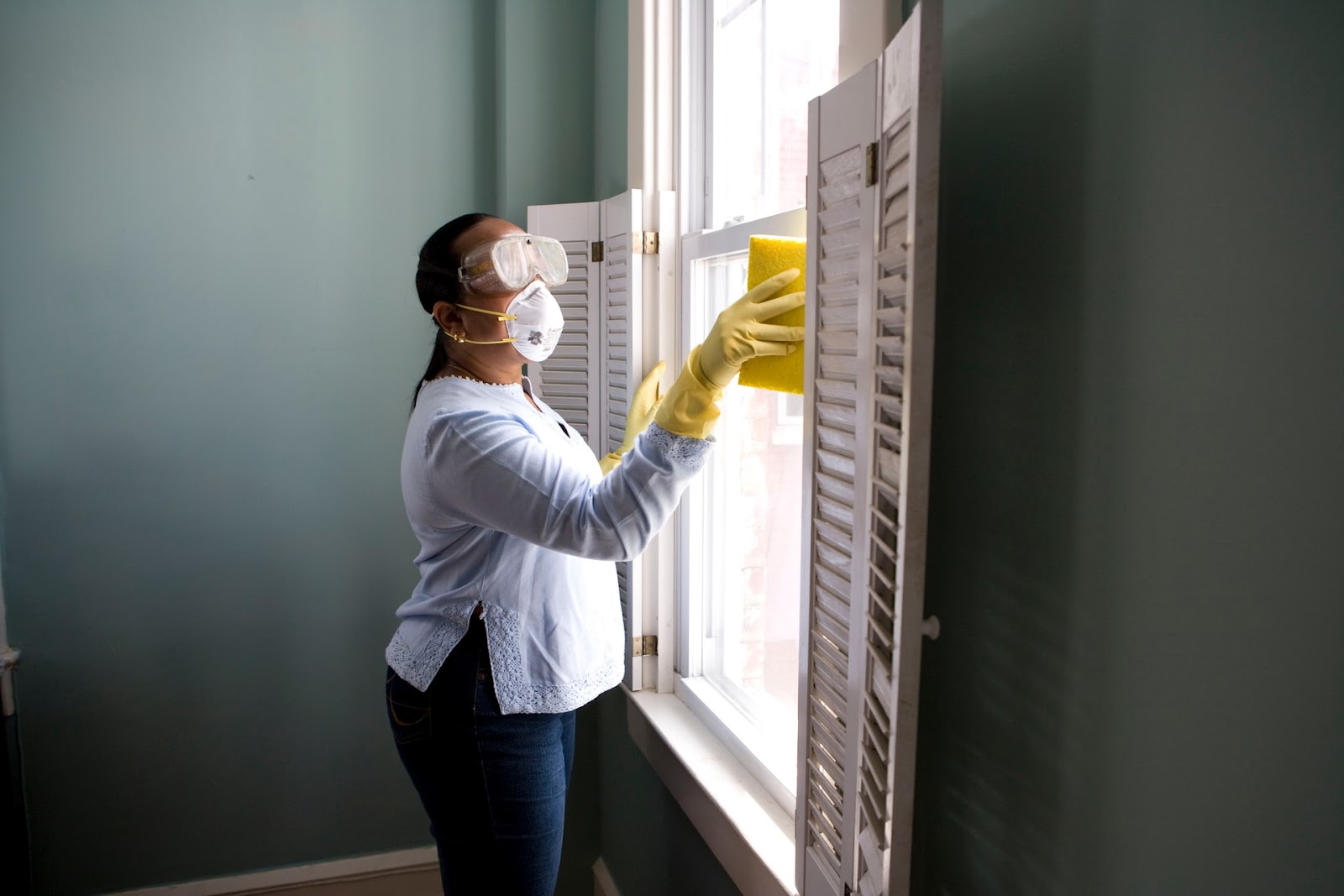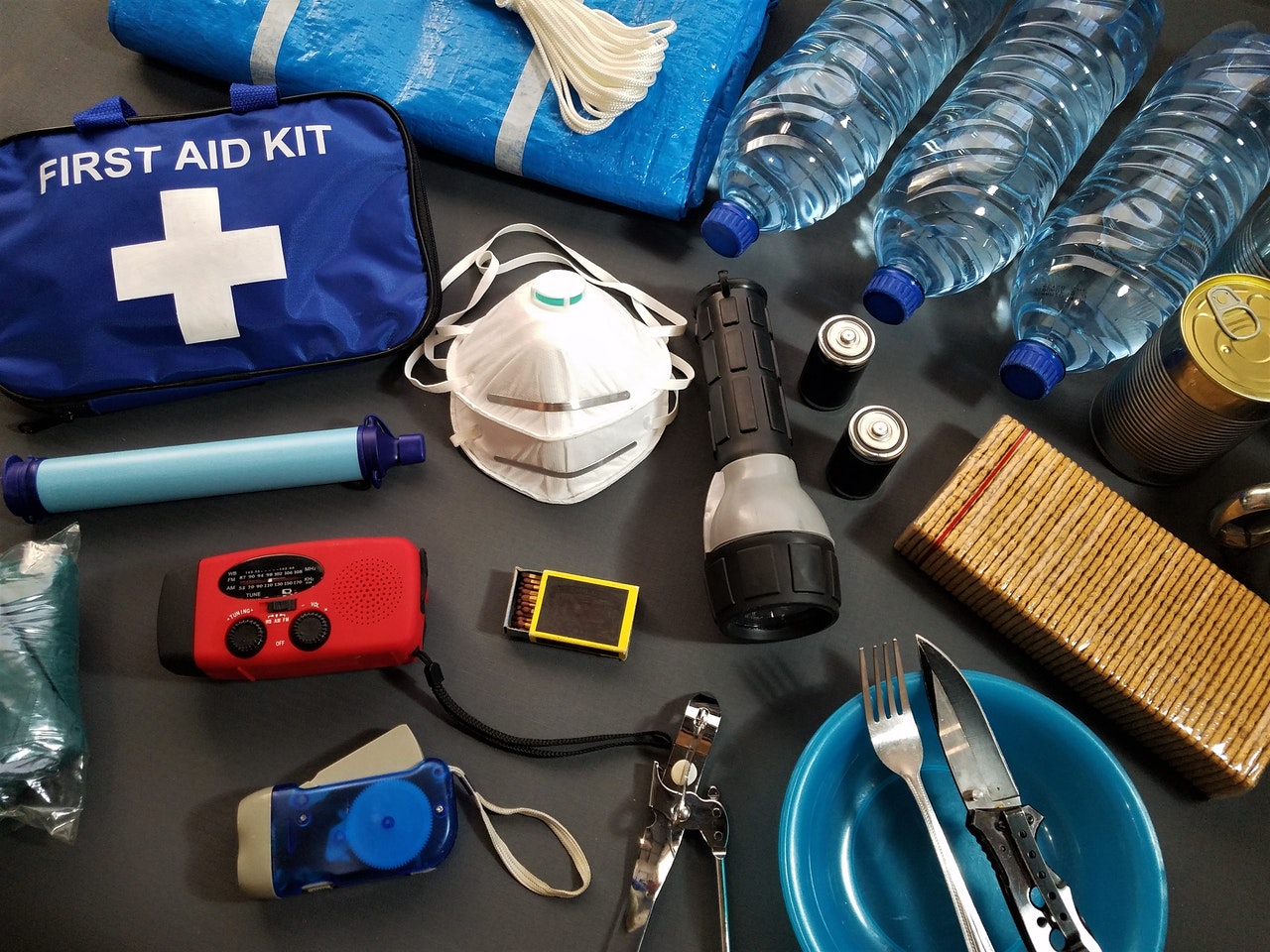Landlord Blog
Education and news for smart DIY landlords!
7 Things to Do Immediately After Buying a House

Buying a house is something to be proud of, and it can make you excited and eager to move in. You may feel relieved and pleased once you’ve settled in on a location, type of house, and mortgage process, but don’t get too complacent and start relaxing just yet. Homeownership involves a long and thorough process, and buying a home is only the beginning. There are still some things you need to do so you can occupy and enjoy your new place.
As a responsible homeowner, you need to make sure everything in your house is complete and in order. Make your home as clean, comfortable, and safe as possible by doing these seven things first.
1. Connect the utilities
Since every house needs electricity and water, apply for utility connections under your name or spouse’s name and submit all the necessary documents. Before moving into your new home, ensure all the utilities are ready to use. That means electricity is functioning and water is available.
If the house has previous owners, make sure all utility accounts are now under your name and that there are no pending arrears. It will save you a lot of headaches before moving in.
2. Do a general cleaning

Before finally settling into your newly bought house, find time to do general cleaning. Everything should be clean from ceiling to floor to walls, including inside and outside your home. Remove all the cobwebs on the wall, sweep the dusty floors, and mop them afterward. Scrub the sinks and comfort rooms well and disinfect the bedrooms.
Trim the grass outside if there are any and check the gutters as well. Throw unused containers and bottles and install trash bins to dispose of your garbages. You may hire people to do this for you. Many companies are now offering cleaning services. But if you’re feeling up for it, you can always do it yourself.
3. Change the door locks
Changing door locks ensures your safety and security. After buying the house, the previous homeowner or the real estate agent will hand you the keys. Following the turnover, it’s best to change all the door knobs to have a new set of keys. Keep a spare key and use the other regularly.
4. Familiarize where everything is
Knowing the ins and outs of your house makes it much easier to settle in. As a homeowner, you should know where to get things and where to go. For example, you should know where the primary water source is coming from or where the circuit breaker is in case of an emergency. It may seem kind of simple, but it’s necessary nonetheless.
5. Unpack your boxes
You don’t have to unpack everything all at once. But do it daily to get you settled in as soon as possible. Start unpacking the essentials like kitchenware and beddings. Slowly arrange your things and put everything orderly on the cabinets, pantry, or shelves. Unpacking will let you know if some items are missing or left in your old place.
6. Stock emergency supplies

Getting some emergency supplies is necessary for your new house. Basic supplies include flashlights, candles, batteries, power banks, medicines, and a radio. You may also add extra clothes, canned goods, and rubber boots. Put everything in a bag and place it somewhere safe but accessible. You can never go wrong in being ready when that time comes.
7. Get to know your neighbors
Since you’ll be staying for good (or for a long time), why not get to know your neighbors. Stroll around your street with your pet or child and smile at them. Casually say ‘hi’ and introduce yourself. Having friends within the neighborhood will also be an advantage during short trips or work travel. You can always ask them to watch over your house or feed your pet (if possible).
Conclusion
It can be tempting to move into your new home immediately upon receiving the keys to your front door. However, rushing things will only cause issues in the future. If you make sure your new home is ready for occupancy, the transition will be significantly smoother. It may take time and effort, but you’ll be living safely and comfortably for years to come.
Read more articles here:
